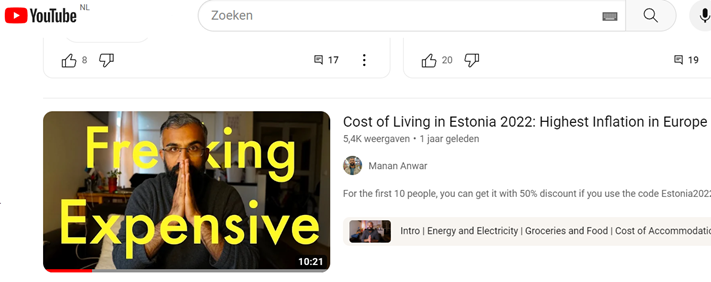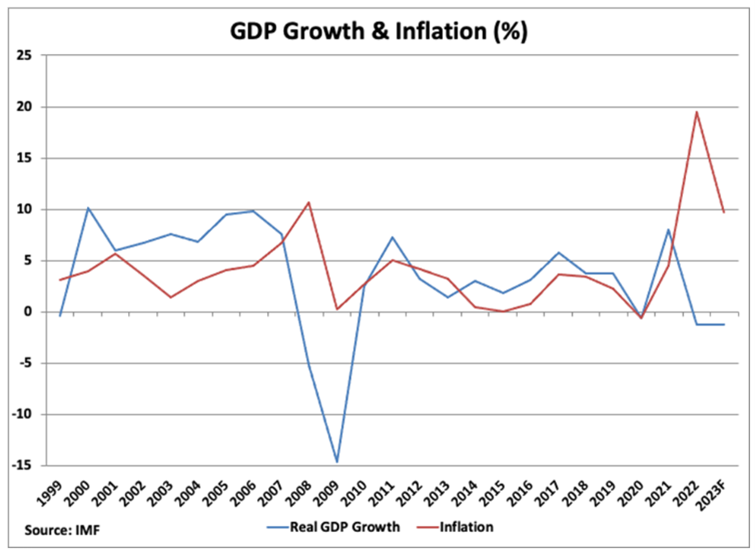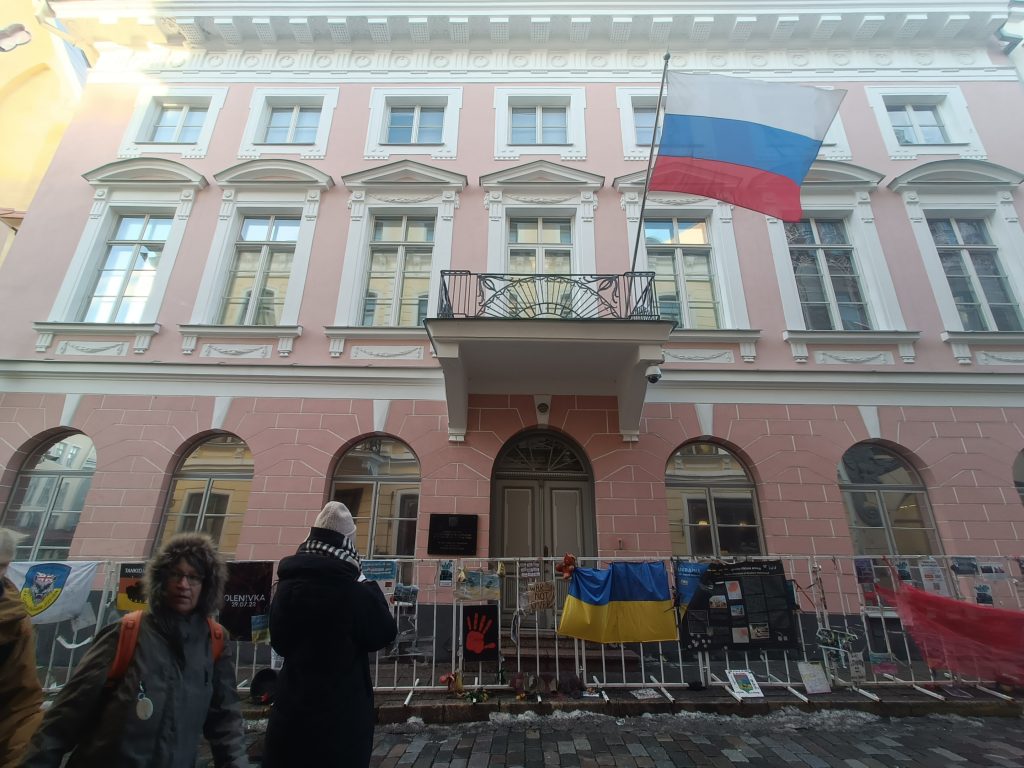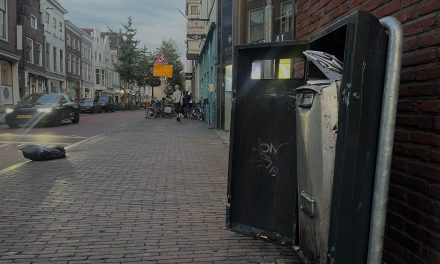The small nation of Estonia struggles with a housing affordability crisis, fueled by the ongoing war in Ukraine, the tech boom and global economic fluctuations. The country finds itself at the forefront of the most significant surge in real estate and rental prices within the European Union since 2010. This crisis has impact on the cost of living for Estonian residents. The country requires change to establish a resilient and sustainable housing sector.
Over the past decade, Estonia has experienced unprecedented growth, attracting tech workers to its thriving industry. However, this success is not without its challenges. The surge in real estate and rental costs, compounded by a sky-high inflation and the war in Ukraine, has profound implications for the daily lives of residents.
A broader European context
Estonia’s housing crisis is not an isolated incident but rather a reflection of challenges faced by all EU nations. A recent survey done by the European Parliament reveals that 93% of Europeans are primarily concerned about the rising cost of living, followed by 82% expressing worry about poverty and social exclusion. Despite these concerns, citizens show stable and high support for the European Union, most believe that their country has benefited from EU membership viewing it positively. Delving into the intricate details and distinctive facets of the housing affordability crisis, the focus lies on the viewpoints of residents, in this case from Estonia.
Voices of Estonian residents
Manan Anwar, a YouTuber residing in Estonia for the past decade, explores the multifaced impact of the affordability crisis in his content, shedding light on how surging inflation affects the daily lives of Estonian residents.
In September 2022, Estonia experienced a staggering 25% inflation rate, the highest across Europe. Reflecting on this, Manan highlighted historical disparities in the cost of living compared to countries like Finland and expressed the tangible impact on daily life, stating his own experience “If I talk about myself, I haven’t been out to eat much. generally, people started cooking more from home during these inflation times, but it became particularly challenging when energy prices went up, so even cooking for yourself became expensive.”
In a 2022 video, Manan advised against shifting houses. These days the housing market is cooling down, rents are on a decline due to reduced demand from foreign IT professionals attracted by the tech boom. Manan suggests, “Now would be an okay time to move if you want to get a better deal for renting.”
One of the significant misconceptions, as pointed out by Manan, is attributing Estonia’s inflation solely to the war between Ukraine and Russia. He emphasizes that even before the war, Estonian energy prices consistently ranked among the highest in the region, surpassing those of countries like Finland, Sweden, and Norway. While acknowledging some contribution from the war, Manan argues it wasn’t the primary reason for the inflation.
Shafi Musaddique, a freelance journalist residing in the capital city of Tallinn since last year, notes that inhabitants are willing to pay a bit more for non-Russian energy sources, reflecting Estonia’s moral stance against Russia, rooted in historical reasons. Shafi emphasizes that Estonians are willing to pay higher energy prices to avoid supporting Russia and uphold their moral principles. He highlights, “Estonia is still one of the few countries holding the moral case against Russia, which is increasingly difficult for many European countries.”
Manan expresses his concern that energy companies might be exploiting this situation as an excuse to increase prices and report higher profits.
Advocacy for change
The personal experiences of Manan and Shafi paint a vivid picture, mirroring the challenges felt by many. Discussing the imperative of affordable housing, Anwar emphasizes the urgent need to prioritize the local population, particularly those in essential public service roles such as police, nurses, and firefighters. Critiquing Estonia’s capitalistic approach, he calls for measures to mitigate mass inequality and highlights potential risks, drawing parallels with situations in countries like Portugal, where soaring housing costs made it unaffordable for locals, leaving only internationals able to afford rent.
Anwar stresses the importance of recalibrating the country’s approach to ensure the well-being of its residents who live and earn locally. Noting that not everyone can be a high-earning specialist or coder, he asserts, “Estonia needs to rethink its strategies of capitalism; they need to explore ways to take care of their people.”
While acknowledging he is not an expert, Anwar points out that other countries are handling the affordability crisis better due to tighter government regulations fostering a more balanced housing market.
Looking forward
In response to the cost of living crisis, driven by the war in Ukraine and the tech boom, the Estonian government has implemented measures, including subsidies and a substantial EU-funded program. The program aims to renovate 43,000 apartments over five years, signaling a significant step towards mitigating heating costs and promoting renewable energy systems. The success of these initiatives will be crucial in shaping Estonia’s future and addressing the pressing issue of housing affordability.








